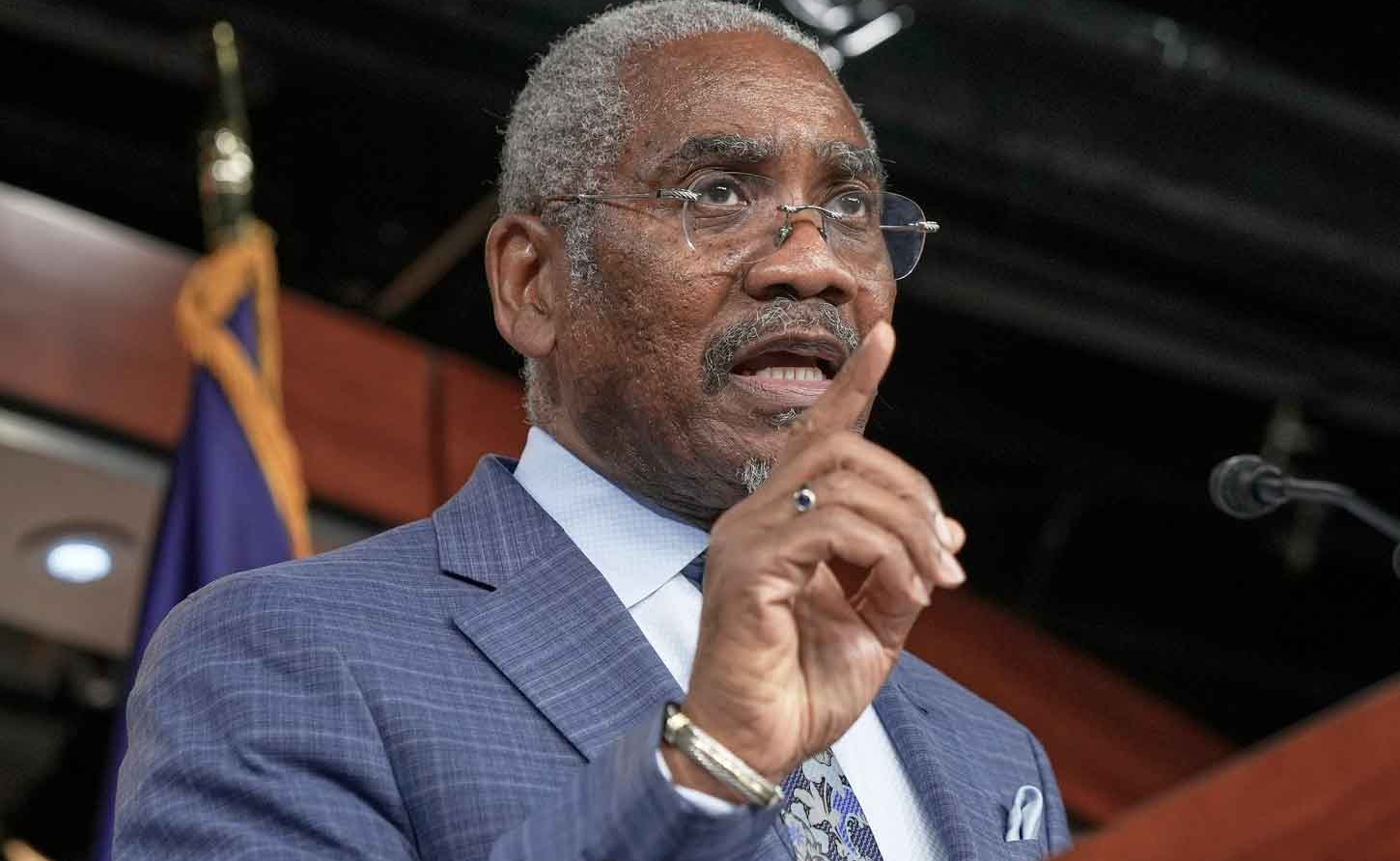CARICOM | When America's Caribbean Allies Become Collateral Damage

CARICOM's unanswered plea to Washington reveals a troubling new reality—even U.S. lawmakers condemn strikes that Caribbean leaders can't get straight answers about
KINGSTON, Jamaica, September 17, 2025 - There's a bitter irony playing out in the warm waters of the Caribbean, where the sound of gunfire now echoes louder than diplomatic discourse.
While CARICOM foreign ministers sit waiting for Secretary of State Marco Rubio to respond to their letter requesting talks about America's military escalation in their backyard, U.S. Senate and Congressional Representatives are already condemning the very strikes that have left the region's leaders scrambling for answers.
The uncomfortable truth? Caribbean allies are learning about American military operations in their neighborhood from CNN rather than confidential briefings.
The Waiting Game
For weeks now, CARICOM has been playing diplomatic telephone with Washington—except no one's picking up on the other end.
The regional bloc's foreign ministers, led by St. Kitts and Nevis' Dr. Denzil Douglas, crafted a careful letter to Rubio following discussions at the September 7 African Union-CARICOM summit in Ethiopia.
Their ask was reasonable, almost painfully polite: can we please talk about your military posture in our hemisphere?
The silence has been deafening.
Barbados Foreign Minister Kerrie Symmonds, with the practiced diplomacy of a man walking on eggshells, has been threading the needle between supporting anti-narcotics efforts and demanding basic respect for due process.
"We really do not know all the facts surrounding the destruction of the ship in question or who was on board," he said, highlighting a stunning reality—America's closest Caribbean allies are operating with the same information available to anyone with a Twitter account.
Meanwhile, Trump's latest strike killed three more people on a vessel allegedly carrying drugs, bringing the death toll to 14 in what the administration cheerfully describes as successful counter-narcotics operations.
The president's promise to expand strikes to land operations has Venezuela on high alert and Caribbean leaders wondering if they're about to become unwilling hosts to a proxy war.
When Your Own Lawmakers Object
The most damning indictment of Washington's Caribbean adventure isn't coming from Caracas or CARICOM headquarters—it's echoing through the halls of Congress itself.
Senator Jack Reed, ranking member of the Armed Services Committee and one of only eight senators to graduate from West Point, didn't mince words: "President Trump's actions are an outrageous violation of the law and a dangerous assault on our Constitution."
Reed's criticism cuts deeper than diplomatic niceties. This is a military man calling out what he sees as "reckless, unauthorized operations" that "threaten to ignite a war with Venezuela."
When your own defense establishment questions the legal justification for military action, what does that say to allies whose waters have become the theater?
Queens Congressman Gregory Meeks, ranking member of the House Foreign Affairs Committee and a Caribbean-American voice in Congress, has demanded legal justification for strikes that the Trump administration "offered no proof" were conducted in self-defense.
The lawmakers representing Caribbean diaspora communities are more vocal in their opposition than many Caribbean governments have dared to be.
The Sovereignty Trap
Symmonds has articulated the Caribbean's impossible position with surgical precision. The region desperately needs help with illegal weapons flooding their islands—a crisis that has turned paradise into some of the world's most violent places.
"If the United States' presence is entirely about that, then that is a matter which we would not resist," he said.
But there's the rub. How do you welcome assistance when that assistance comes with the possibility of "severe consequences to innocent people"?
Caribbean fishing communities now navigate waters where American warships operate under rules of engagement that apparently don't require congressional approval, let alone consultation with regional partners.
The minister's warning about "arbitrariness that can impact the life or safety of innocent people" isn't diplomatic hyperbole—it's the cold reality of what happens when great powers treat their allies' sovereignty as a convenience rather than a cornerstone.
Partners or Proxies?
Trinidad's Prime Minister Kamla Persad-Bissessar has publicly endorsed the strikes, but even supportive voices can't ignore the process problems. When your strongest regional ally conducts military operations in your neighborhood without briefing you first, what kind of partnership is that?
The failure to even notify the Regional Security System—the seven-nation collective that coordinates Caribbean security—speaks volumes about how Washington views its "partners" in the region.
As Reed warned, "we are one miscalculation away from a shooting war that no one in this chamber has authorized."
For Caribbean leaders still waiting for Rubio's response, the question isn't whether they'll be consulted about that war—it's whether they'll learn about it before or after it starts.
In the end, CARICOM's unanswered letter represents more than diplomatic frustration. It's a stark reminder that in America's Caribbean adventure, even allies can become collateral damage.
-30-
